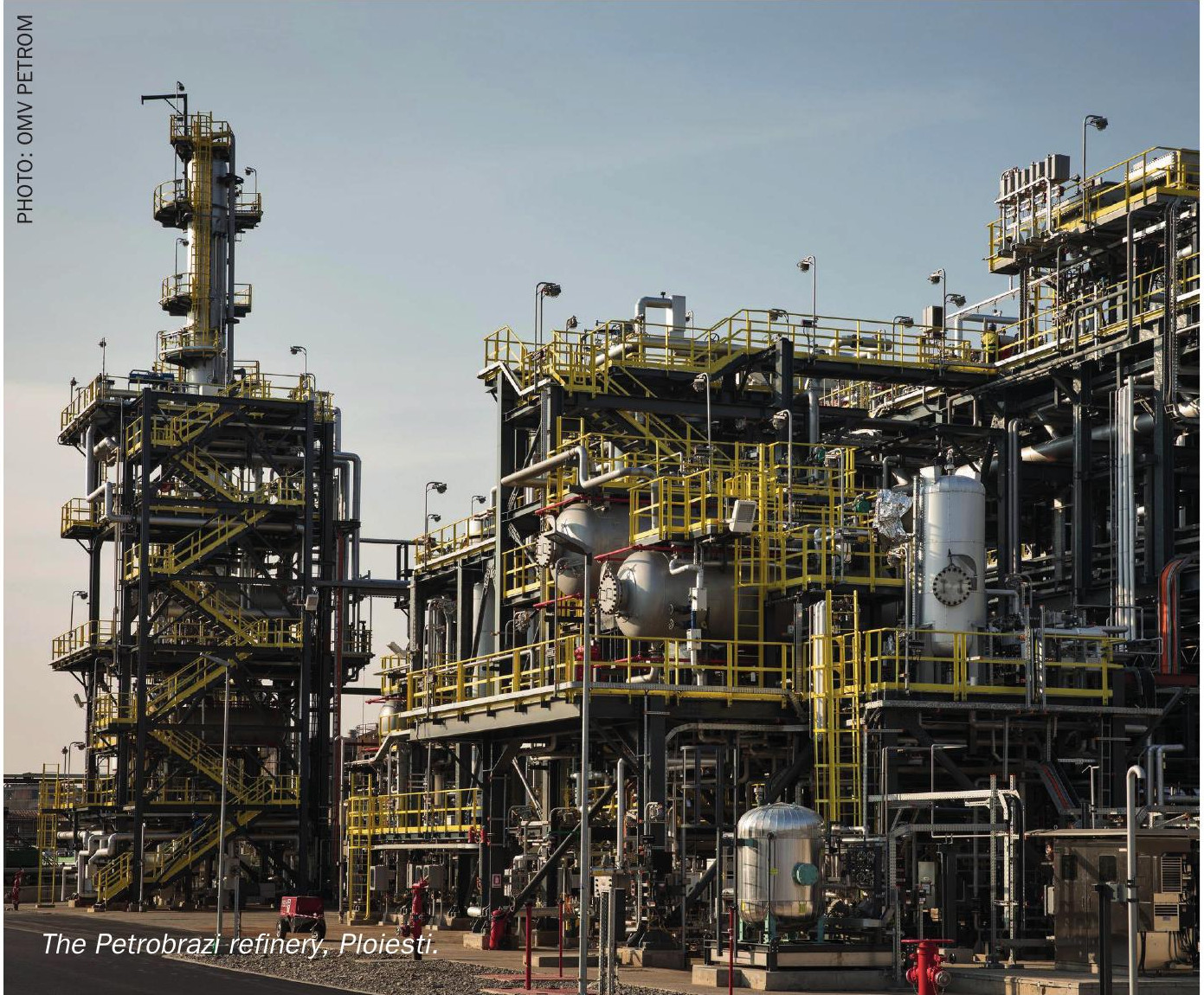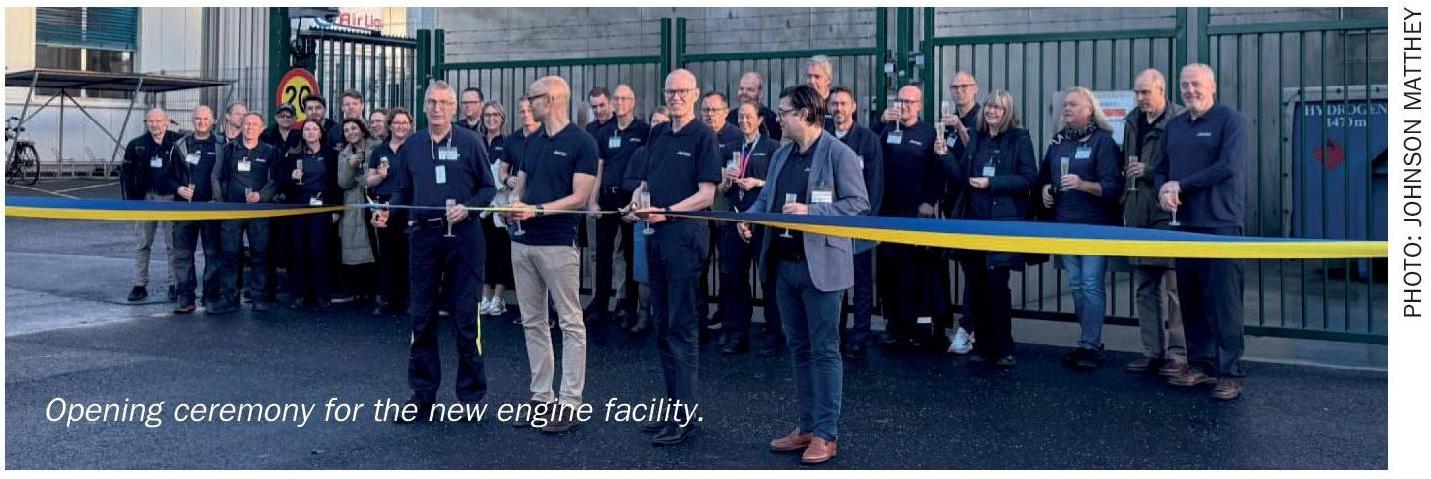Nitrogen+Syngas 395 May-Jun 2025

3 May 2025
Design contract for new methanol plant
Tecnicas Reunidas and Siemens Energy have been awarded the contract to carry out front-end engineering design (FEED) for a major green methanol project in La Robla, Spain. The consortium will work on the project for Spanish developer Reolum, part of a partnership that says it is building the largest green methanol plant in Europe. The La Robla Nueva Energia facility will combine biogenic CO2 from a co-located biomass-based cogeneration plant with green hydrogen to produce 140,000 t/a of low carbon methanol. Tecnicas Reunidas will focus on the biogenic carbon capture and methanol production units, while Siemens Energy will handle the renewable hydrogen unit. Johnson Matthey has been selected to supply its eMERALD methanol technology, while Mitsubishi Heavy Industries will license its CO2 capture technology for the project.
The methanol and 50MW biomass-based cogeneration form the La Robla Green hub, a broader project led by industrial engineering firm Tresca Ingenieria and investor Incus Capital alongside Reolum. In February the project was awarded euro 180 million ($196 million) in EU funding allocated by the Spanish ministry for ecological transition under the H2 Valles programme.






